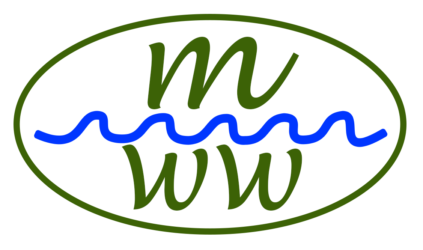Today a letter was sent to Vermont’s Secretary of the Agency of Natural Resources (Julie Moore) and Vermont’s Secretary of the Agency of Agriculture, Food and Markets (Anson Tebbets) from the Conservation Law Foundation (CLF) and the Public Employees for Environmental Responsibility (PEER). The letter recommends prompt action by the agencies to address the use in Vermont of pesticides that may be contaminated with PFAS compounds. You can read the letter here.
In December 2020, PEER announced that pesticides used to control mosquitoes in Massachusetts were contaminated with PFAS chemicals. In March 2021, PEER announced that mosquito pesticides used in Maryland were contaminated with PFAS. A contaminated pesticide in Maryland is Permanone which is routinely sprayed along roads in the BLSG Insect Control District. All Permanone is manufactured by the same company (Bayer). PEER has done additional testing of other pesticides and will report soon on the results.
PFAS is used in many products from non-stick pans to fire-fighting foams. It does not decompose in the environment and has been linked to high blood pressure, thyroid disease, kidney and testicular cancers, and suppressed immune system function. Last week new research on PFAS in breast milk from US mothers found that PFAS was present in all 50 samples tested at levels nearly 2,000 times what is considered safe in drinking water (published study).
Last week, the Vermont Legislature gave final approval to a nation-leading bill that would restrict the sale of consumer products that contain PFAS chemicals. The bill now heads to the Governor for his signature (see below).
Today’s letter requested that Vermont agencies take the following actions:
- Prohibit or suspend distribution and use of Anvil, Mavrik, Permanone, and any other pesticides shown to contain PFAS;
- Develop and implement a plan to test all pesticide products registered in Vermont for PFAS contamination, prioritizing the most commonly used pesticides in the state;
- Develop and implement a comprehensive environmental testing program to test for PFAS in areas where PFAS-contaminated pesticides have been applied, with a focus on comparing PFAS levels in such areas with PFAS levels in areas where contaminated pesticides have not been applied;
- Coordinate with the Department of Health and other state agencies to develop a comprehensive plan for investigating the issue of PFAS contamination in pesticides, including identifying and addressing environmental contamination and potential health impacts; and
- Schedule a meeting with the undersigned staff from CLF and PEER to discuss the issue further.
Unfortunately, BLSG could begin their program of roadside spraying of Permanone any day. It would seem prudent to test for PFAS contamination of BLSG’s stockpile of Permanone before it is sprayed along roads in Brandon, Leicester, Salisbury, Goshen, Pittsfield, and Proctor.

